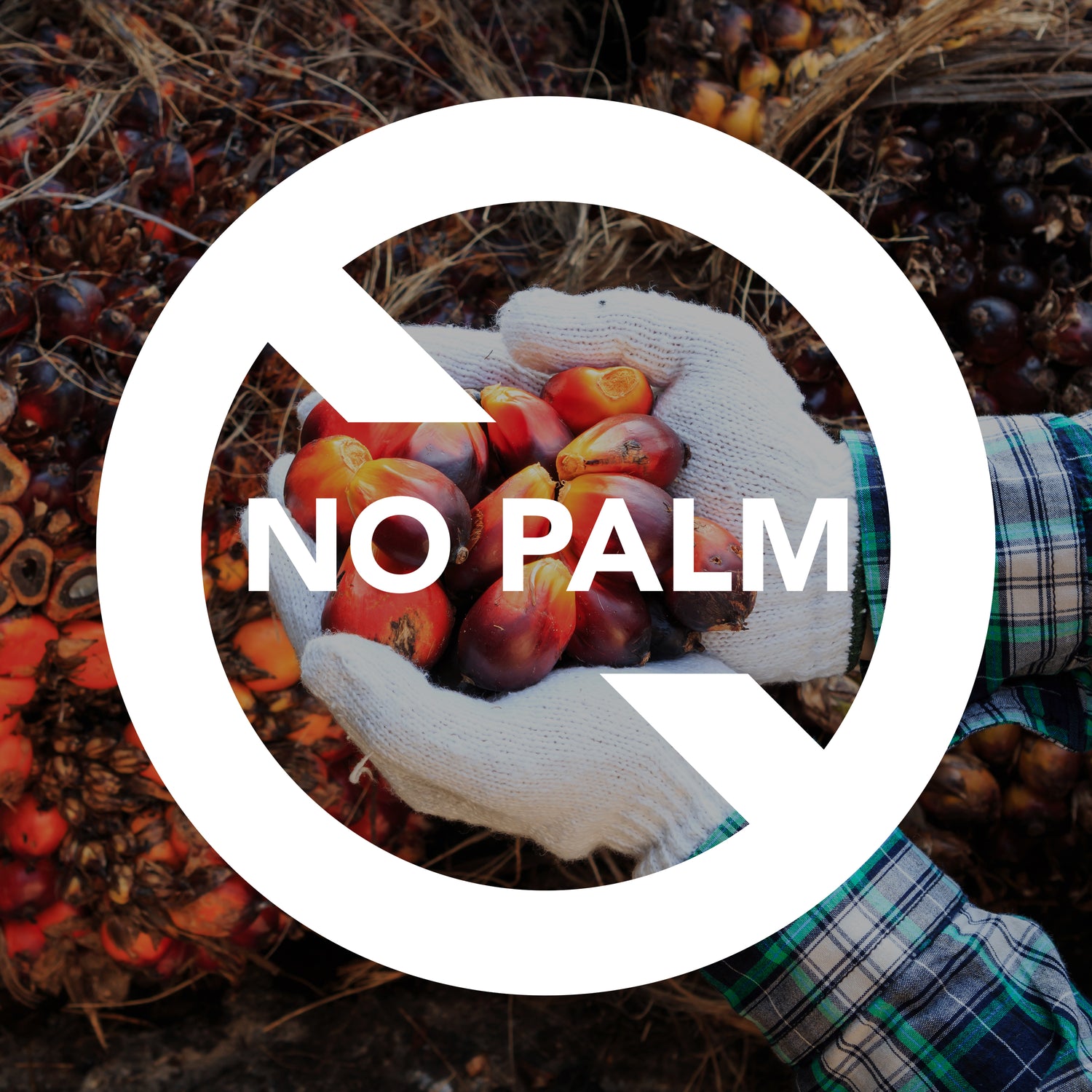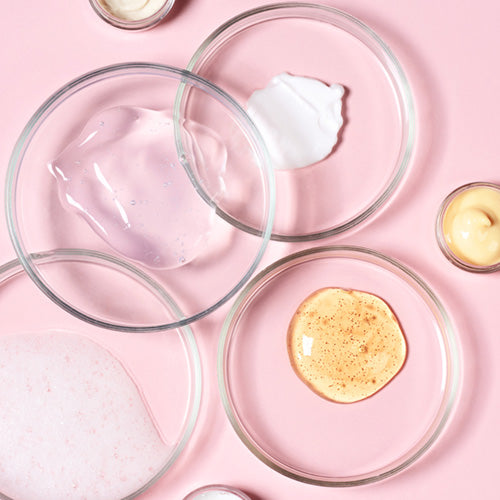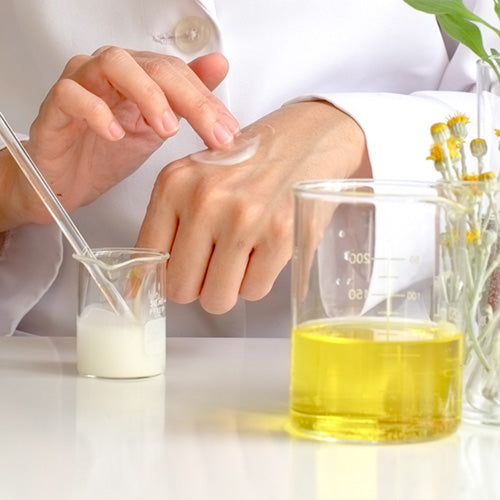
Being a sustainable beauty company is about more than having a good composting program in the office kitchen.
To us, sustainable means caring for people and the planet - and staying in business while we’re at it.
We need to constantly eyeball everything we do - from how we conduct our business, to the ingredients we put in our products. We weigh the pros and cons to uncover the kindest, most sustainable option, and only then find a way to make it profitable.
Saying no to palm oil has been a big part of that commitment right from the start, and we made it official - gaining a palm-oil free certification from the Orangutan Alliance. This proves that our products and entire supply chain are free from palm oil and its derivatives.

What’s behind our no-palm stance?
The irony is that palm is actually the most efficient oil on the planet to produce. Compared to coconut palms, it requires ¼ of the land and water to produce 1L of palm oil, versus 1L of coconut oil. If we could work out a way of farming it sustainably (and be really sure that it was true), it would be an incredible resource for companies looking for ways to minimise their footprint. But, alas, there is no whole-hearted, totally reliable way to get sustainably-produced palm oil (yet). And most of the production is causing absolute devastation.
Majestic, ancient forests are being levelled at breathtaking rates - burned to the ground to make way for palm plantations. We’re losing those precious acres that clean our planet’s air and are home to a disproportionate percentage of life on earth. This loss of habitat is threatening species such as the orangutan, Sumatran tiger, two species of elephant and the Sumatran rhino - and hundreds of thousands of less famous, but equally important plants and animals.
It’s not that great for people either - palm trees cover the fertile land where local communities used to grow valuable food crops. Farmers are ridiculously underpaid and are often forced to work in unsafe conditions. The whole system breeds reliance on large corporations, who, of course, will move on as soon as the area stops being profitable.
The Roundtable for Sustainable Palm Oil (RSPO) has been working towards controlling the damaging aspects of production, but the certifications are far from airtight, with lots of loopholes. So for the moment, a no-palm stance is one of our non-negotiables. It costs a lot more to use other sources instead – the most sustainable we can find. But it’s worth it.
We hope that more companies will follow suit - we’ve proven it can be done in a business context. If more consumers like you demand palm-oil free products, and more companies start listening, things will start to shift. First, more investment will be made into developing products that avoid palm oil (and hopefully shift to small-scale, sustainably-produced alternatives). There will also be more incentive for companies to secure truly sustainable sources - ones where we know palm is being produced without destroying people, planet and animals. Those two shifts combined could be a winner for the people who farm palm, the places where it’s grown, and for us as consumers.
So what can you do to help us in that mission?
It might all sound a bit hopeless, but actually you have huge power. Here’s what you can do:
- Wield your consumer power
Buying palm-free is actually easier said than done. Pretty much half of what’s on supermarket shelves - there’s palm in them there hills. Peanut butter? More like Palmnut butter. Nutella contains more palm oil than it does chocolate or hazelnuts. Anything that lists 'vegetable oil' in the ingredients: that’s probably palm, too.
Palm-free products will often be more expensive because they cost more to produce - just remember that sustainable practices are included in your purchase price. Cosmetics are packed with palm as well - read the ingredients, and if in doubt, email the company to ask.
Tell companies you want them to stop using unsustainable, untraceable palm oil, and encourage them to seek out alternatives, or work towards genuinely sustainable palm.
- Get political
Sign a local petition to get palm oil clearly labelled on products in your country, then lobby your government to step up and make it mandatory.
- Donate
Sometimes cash talks - you can sponsor an animal through a charity like The Orangutan Project, or go direct to anti-palm missions like the Rainforest Trust or this project from Greenpeace.

 Impact
Impact Blog
Blog Store Locator
Store Locator


